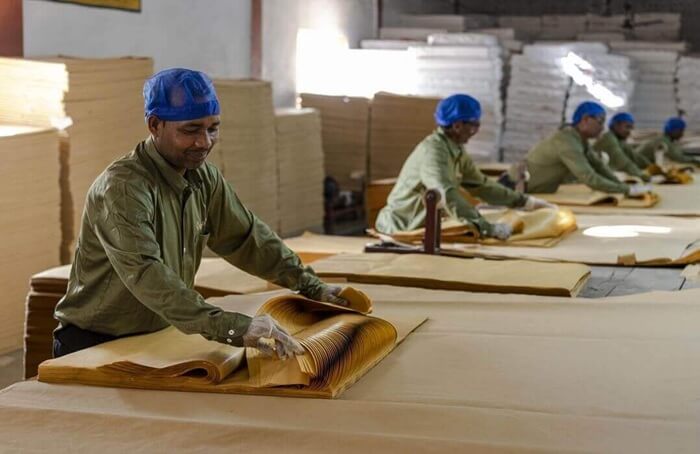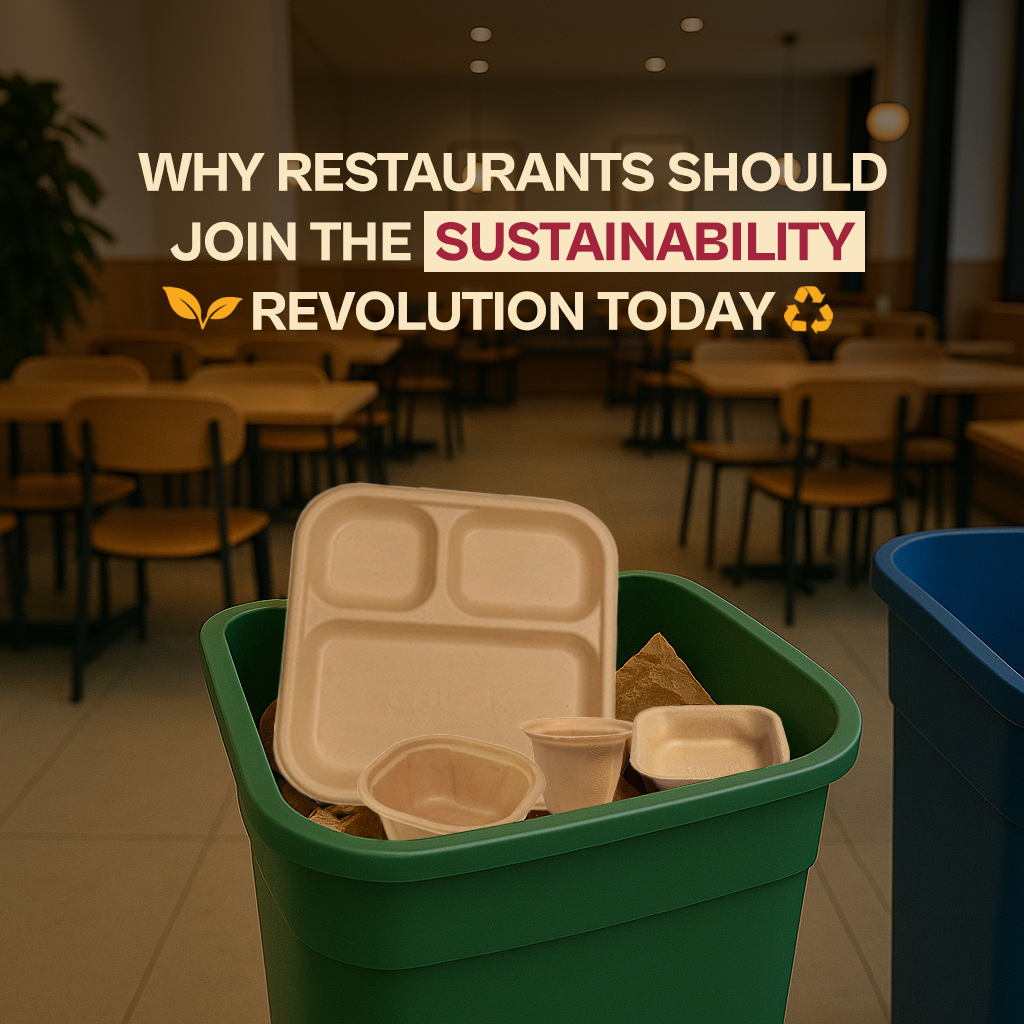What’s new and worth a read for you!
Always ready to feed your curiosity. Looking back, we can vouch that it leads to a meaningful change.

Why Restaurants Should Join the Sustainability Revolution Today
Why Restaurants Should Join the Sustainability Revolution Today The restaurant business is tough — tight margins, demanding customers, and constant operational pressure. So why should sustainability be a priority? Here’s the short answer: because customers expect it, governments demand it, and your bottom line will thank you for it. Going green isn’t just a nice-to-have anymore — it’s a must-do. And the earlier you join the sustainability revolution, the more future-proof your restaurant becomes. Let’s unpack the why, backed by real numbers, real stories, and practical insight. Consumers Are Choosing with Their Conscience Your customers aren’t just hungry. They’re hungry for impact. A 2023 Deloitte Global Survey showed that 75% of Gen Z and millennials consider a brand’s sustainability practices before making a purchase — and that includes where they eat. Zomato’s Sustainability Report (2022) revealed that restaurants tagged as ‘eco-friendly’ or ‘plastic-free packaging’ saw 12–15% higher order volumes during festivals and bulk orders. Government Regulations Are Catching Up Let’s face it — plastic bans aren’t a fad.
- India’s nationwide single-use plastic ban kicked off in July 2022.
- Over 40 countries, including France, Kenya, UAE, and Canada, have similar or stricter laws.
- In India, states like Maharashtra, Delhi, and Tamil Nadu are implementing tighter waste segregation and compliance rules for food businesses.
- Waterless cleaning products can cut water usage by up to 40% (source: FSSAI Green Guide, 2022)
- LED lighting and energy-efficient appliances reduce electricity bills significantly
- Compostable tableware, when replacing dishwashing in high-volume setups, reduces labor and water costs
- Optimize portion sizes
- Track inventory better
- Use compostable disposables for better post-consumer segregation ...not only reduce waste but also improve kitchen efficiency.
- Visible to customers
- Easy to change
- Often a compliance requirement
- Foil containers
- Plastic trays
- Styrofoam boxes
- Compostable meal trays (bagasse-based)
- Biodegradable paper wraps
- Wooden or paper cutlery
- 70% of diners prefer eco-friendly restaurants when given the option — according to a 2022 FICCI hospitality report
- 60% of QSR chains globally have added sustainability goals to their menus and supply chains (source: Global Restaurant Trends, 2023)
- Compostable packaging in India is projected to grow at a CAGR of 16.2% over the next 5 years (ResearchAndMarkets.com)
- Audit your current waste — how much is plastic? Where does it go?
- Switch one category at a time — begin with takeaway packaging
- Partner with the right vendors — look for certified compostable suppliers like CHUK
- Communicate clearly — let your customers know about the change via menu inserts, packaging stickers, or digital screens
- Track and improve — see how it impacts cost, customer reviews, and operations
May 28th, 2025

Join Our Community for the Latest News
Stay updated with the latest news and innovations from Pakka by subscribing to our newsletter.

